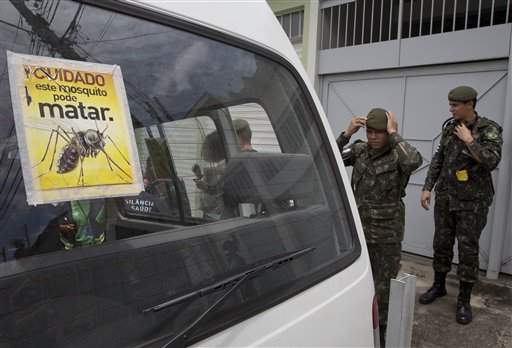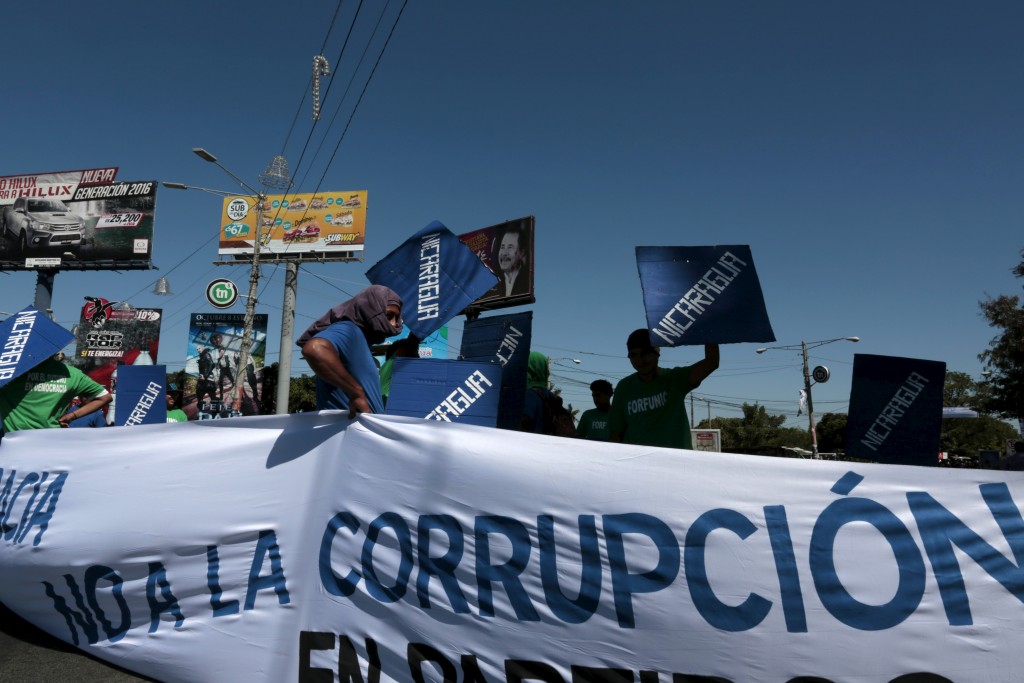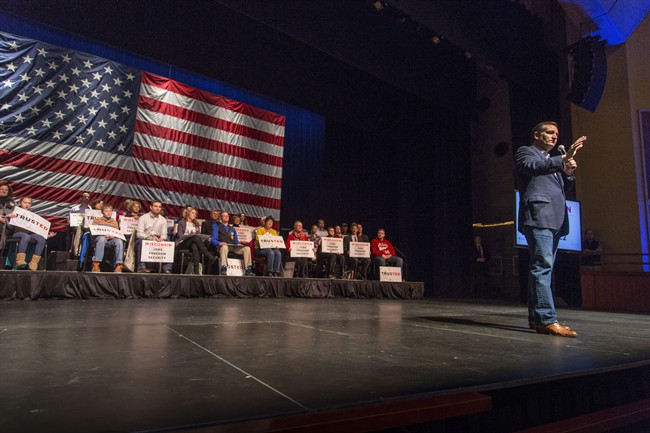California PUC upholds solar net metering; SCTY, RUN, CAFD up big
By Alicia Guzman Jan 29, 2016
California's rooftop solar movement won big Thursday, Jan. 28.
The 3-2 vote approved a plan that, while offering up some new fees to utilities in exchange for connecting consumers to the grid, still fell well short of the measures lobbied for by utilities companies like Southern California Edison, San Diego Gas & Electric, and Pacific Gas & Electric.
Solar industry representatives said that the electricity transmission charge would have doubled the fees solar owners would have had to pay. By law, utility profits are tied to investments in infrastructure, not how much electricity they sell. In light of that extension - which came after Picker wrote his initial decision - there was no reason for the commission to give the solar industry an even better deal, he said.
"All faith traditions teach that we have a responsibility to take care of our common home and the gravity of the climate crisis requires that humanity transition as soon as possible to clean renewable energy", said The Rev. Will Scott, program director for California Interfaith Power & Light.
"We are allowing customers to get full credit for exporting and selling surplus electricity to the grid", PUC President Michael Picker said before he and the other commissioners voted on the matter.
The PUC had been directed to rethink how net metering would be structured by the California legislature under AB 327. Earlier today, Bloomberg Business reported that Nevada faces similar struggles between solar owners and utility companies. SolarCity announced it would eliminate 550 jobs in Nevada.
"This creates a bill impact that's too high on non-participating customers", she said.
In addition, customers will pay a charge of about 2 cents a kilowatt-hour for all electricity consumed - under the current policy, customers pay this charge only on the difference between what they use and the power their systems generate.
The CPUC says those additional charges will cover the cost of mandated utility programs like low-income customer support and nuclear decommissioning.
The dissenting commissioners expressed frustration with revisions to the Proposed Decision, released only last night, that removed increases to non-bypassable charges for solar owners.
"Any decision that benefits the few at the cost of the many can only be sustained for so long", he said.
The price of going solar has dropped by half over the past five years, giving families, schools, businesses and others an affordable option for lowering their electricity bills and investing in a brighter California. The new plan would have impacted how much solar customers would be credited for the excess power they collect through their rooftop installations.
Check back with Solar Industry for more analysis and industry reactions.
The commission voted to extend California's "net energy metering" system, considered one of the state's biggest incentives for solar power. Some commissioners say they anticipate that by that time, a more "mature" solar industry may not need as much support.
Americans will bet estimated $4.2 billion on Super Bowl 50
The hold percentage was 2.8 percent, the lowest since the 2011 Super Bowl. "So book now to score the best deal". He provided airline tickets, hotel rooms, access to team parties, a trip to NASA and tickets to the game.
You may also like...
-
Advertisement
-
Leadership
 Global slump, high dollar drag US durable goods in December
Global slump, high dollar drag US durable goods in December
Jan 29, 2016
Boeing Co., the Chicago-based aerospace company, said it received 223 orders for planes last month, the most in a year. The Department of Commerce is scheduled to report its first estimate of 2015 fourth-quarter economic growth on Friday.Cat sees continued sales declines in 2015
Jan 29, 2016
In October, the company raised its estimate for restructuring costs to $800 million in 2015 from $250 million. Sales and revenues for 2016 are expected to be in a range of $40 to $44 billion - a mid-point of $42 billion.UN to decide if Zika virus is a global health emergency
Jan 29, 2016
WHO's Regional Office for the Americas (PAHO) has been working closely with affected countries since the outbreak in Brazil. There is now no treatment for Zika and a top U.S. health chief warned yesterday the hunt for a vaccine could take years. 'Star Wars: Episode VIII' release delayed to December 2017
'Star Wars: Episode VIII' release delayed to December 2017
Jan 29, 2016
The Force Awakens is the third-biggest global release in history, bringing in $1.88bn (£1.32bn) at the box office to date. It will feature the stars of The Force Awakens: Adam Driver, Oscar Isaac, Daisy Ridley and John Boyega.'Affluenza' teen taken to juvenile detention
Jan 29, 2016
When asked by CNN whether Couch was taken against his will to Mexico, Brown replied, "I don't think that's what I said". Tonya Couch is charged with hindering the apprehension of a felon and could face up to 10 years in prison if convicted. De Bruyne confirms 10 week layoff with injury
De Bruyne confirms 10 week layoff with injury
Jan 29, 2016
His representative Patrick de Koster told Sky Sports News HQ that the player was devastated after learning the extent of his injury.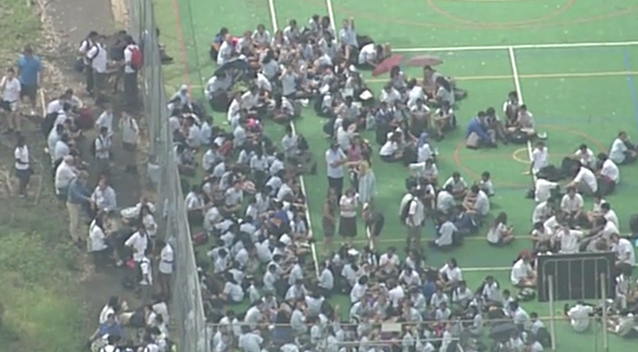 Bomb threats shut down NSW schools
Bomb threats shut down NSW schools
Jan 29, 2016
Police could not confirm how many schools, which have just reopened after the summer holiday, had been put in lockdown. Police operations are now underway at least two high schools in Sydney, according to local media reports.Sweden Intends to Deport Up to 80000 Rejected Asylum-Seekers
Jan 29, 2016
Interior Minister Anders Ygeman maintained about 45 percent of asylum seekers have already been rejected. Migrants whose applications are rejected are normally taken out of Sweden using commercial flights.EU Considering Probe of Google Tax Deal in UK
Jan 29, 2016
He said: "We're talking about tax tat should have been collected under a Labour government, raised by a Conservative government". She also said Cameron and other ministers should disclose whether tax was discussed in their meetings with Google .Serena Williams cruises to 26th Grand Slam final
Jan 29, 2016
For a few moments anyway, it seemed as if the ghost of Roberta Vinci had entered Melbourne Park. Williams is the overwhelming favorite in the final, and not just based on recent form. -
-
The Latest
- Alicia Guzman | Apr 05, 2016
-
 Alicia Guzman | Apr 05, 2016
Alicia Guzman | Apr 05, 2016
CDC: Autism rate among children levels off for first time since 2002
-
Alicia Guzman | Apr 05, 2016
Donald Trump wants Kasich out of race as Wisconsin vote looms
-
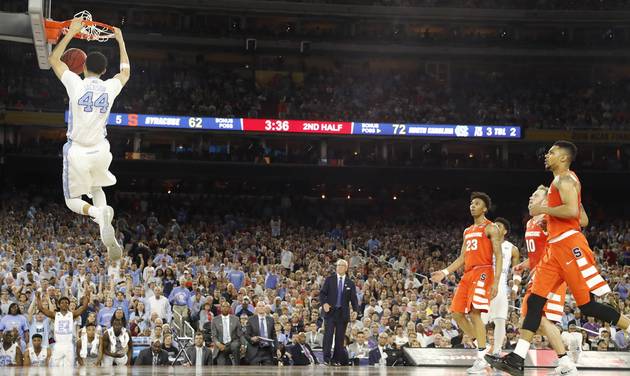 Alicia Guzman | Apr 05, 2016
Alicia Guzman | Apr 05, 2016
-
 Alicia Guzman | Apr 05, 2016
Alicia Guzman | Apr 05, 2016
Star Wars Episode 8 and Rogue One to feature more "legacy characters"
-
Alicia Guzman | Apr 05, 2016
Governor and Miss Colorado Kick Off National Child Abuse Prevention Month
-
-
Alicia Guzman | April 05, 2016
UNC advances to NCAA Championship game with win over Syracuse
- Alicia Guzman | April 05, 2016
-
Alicia Guzman | April 05, 2016
Top Tags
Copyright © 2016 financialspots.com - Financial Spots | All Rights Reserved

